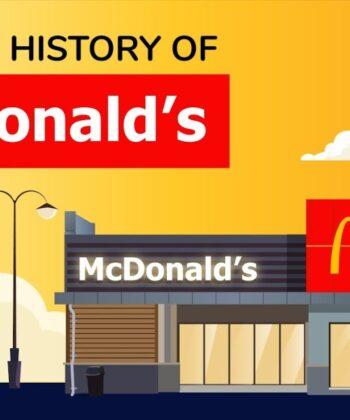
Successive San Francisco Chronicle evaluations of The French Laundry, which serves a bucolic set menu in Yountville, California, also illustrate a stark variation in the way the media talks about fantastic eating eating places. In 2018, former critic Michael Bauer breathlessly explained chef Thomas Keller as the form of exacting prepare dinner who “always seems for ways to up his activity,” exemplary of a really serious dedication which “has set him on prime.” Just four years later, Soleil Ho’s evaluate was considerably more skeptical. They wrote that, for the sum of work—“on a product stage, to accumulate the wealth required to dine here, and on a social funds stage, to in fact make the reservation”—the splurge was not basically not worth it.
Wells also explicitly dealt with the notorious brutalities of restaurant perform in his most modern Le Bernadin review: It’s not as if this specific slice of the food marketplace “has a monopoly on poor actions,” he wrote. He’s not completely wrong. Just about any one in an apron can be a jerk, irrespective of whether they’ve donned it at a reduced-key diner or inside the sterile walls of Noma’s kitchen area.
But the apart highlights a simmering sentiment: No matter if a purchaser is encountering the tension of dropping a full bunch of income while the economy is in the toilet, or feels ethically compromised by the probability of underwriting abusive practices—or both—fine dining would seem to occur with an inherent side of guilt these days. This falls in line with a craze that reaches outside of restaurants—when it comes down to it, a lot of prosperous people today really really don’t want to broadcast just how wealthy they are, no matter whether it is by way of the areas they consume or what they invest in at the grocery keep. Even if you nevertheless imagine the spectacle of high-quality eating is enjoyment, proudly owning up to it with out admitting to its achievable evils (and your individual privilege) has become type of taboo.
To be very clear, Wells and other critics are not the instigators of this cultural pivot—they just replicate how puzzled men and women are about good dining correct now. “I feel it is just become a luxury a lot of men and women really don’t imagine about accomplishing any longer,” one particular person instructed me on Twitter. A further diner couldn’t tummy the labor techniques: “After hearing how the [back of house staff] is taken care of at my city’s fantastic dining alternatives, why would I at any time give funds to the folks facilitating that?” Others explained that they nonetheless liked great eating, but scrimped on common foods to help you save for unique occasions. “Spending $200-300 a month is uncomplicated if you consume out or get takeout routinely,” one person responded. “We reserve that for 1 night out a month or each and every other month at our most loved places.”
That wonderful eating dining establishments are envisioned to be morally great as well as mouth watering is a broadly favourable point for customers and employees, and I’m glad which is getting reflected in assessments that are more holistic and nuanced. And I doubt fantastic dining is significantly around The Stop, as some have predicted. Among the end of 2019 and the end of 2022, the reservations platform OpenTable saw the biggest progress (8%) across restaurant meals in their most costly category (above $50 for every particular person). Absolutely sure, that’s not a $300 tasting menu, but it does suggest that clients are still keen to consume out at a better cost point. It’s also obvious from the explosive growth in associates-only personal restaurants that there’s a industry hungry for dear encounters.
At the very least for now, it’s not so significantly that no just one is heading to good eating spots—it’s that, presented the moral conundrum, buyers just do not want to brag about it any longer.


